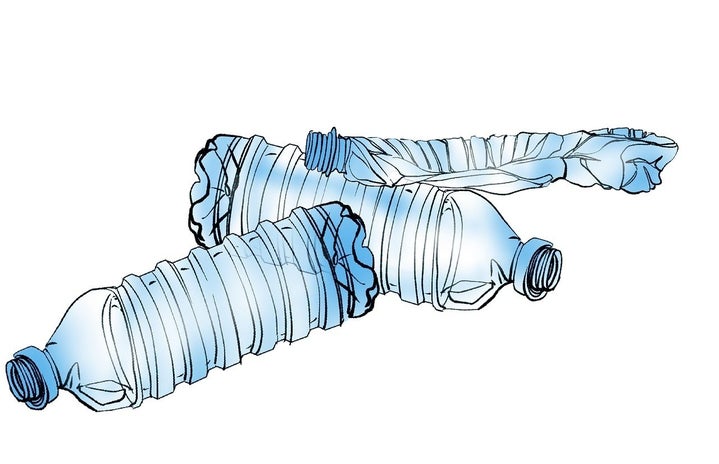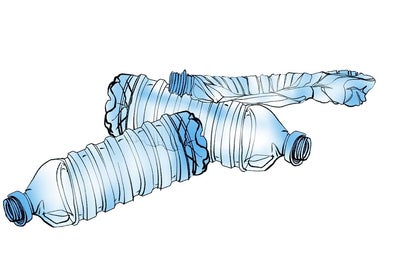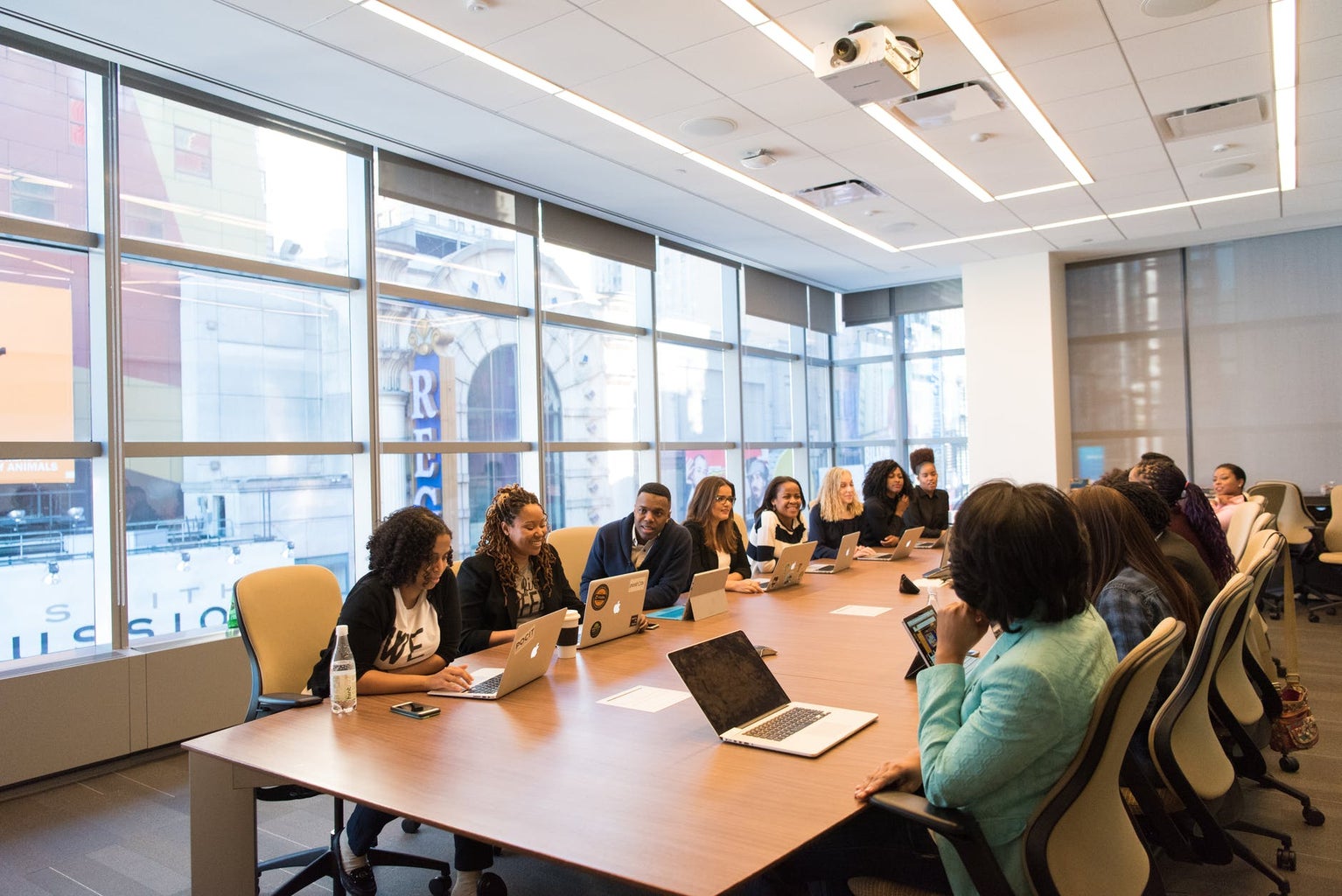Bentley University’s Delongchamp Family Fund helped sponsor me to attend the 3rd Global Sustainability Conference at the USF’s (University of South Florida) Patel College of Global Sustainability. From Nov. 3-4, I was given the opportunity to network, attend various sustainability panels, and better understand how large corporations work to build a more sustainable future – all while enjoying the fabulous warm weather of Tampa, FL, right when it started to get cold in Boston.
Agenda
On Nov. 3, I attended the first day of the conference. My key highlights were the keynote speakers, the 1st Panel: Industry Resiliency/Sustainability, the 2nd Panel: Coastal Resiliency, and the Career Panel Presentation.
On Nov. 4, I attended the second day of the conference. My key highlights were listening to the keynote speakers and attending two panels: Green Business – Finance ESG, and Panel 6: Food Resiliency.
Takeaways: day 1
Career Panel presentation
During the Career Panel, I was able to listen to the perspectives of industry leaders in regard to bridging the gap between graduation and getting that first job. The Career Panel Presentation was moderated by Kelly Gaskell from the USF Patel College of Global Sustainability. The companies that were represented included Coca-Cola Beverages Florida, Jabil, RS & H, Fluence, and For Good Movement.
One of my key takeaways from the Career Panel was that the requirements listed on a job application are not a deal-breaker for landing that first job or the first interview.
At the end of the career panel, a woman asked the presenters personal questions regarding her own personal interest in working in a role that has an emphasis on sustainability. She was a professional employee that works in the government and was currently in graduate school studying sustainability. She saw that many of the roles she was interested in needed a master’s degree and 3-5 years of relevant experience. She was not considering entry-level roles, as she was the breadwinner in her family and needed to, at a minimum, match the salary that she was currently making in her current job. The panelists provided their perspectives as managers and recruiters within the field. They highlighted the importance of a master’s degree and that her previous work experience is considered valid work experience, even if it was not in the same industry. This moment in the conference highlighted to me that the requirements that are listed in the job description are not exact requirements, but are considered key points of consideration when deciding if a job could be a potential match. This was very crucial advice for me, as I will be graduating in the Bentley Class of 2023 and will be looking into full-time roles following commencement.
Panel 1: Industry Resiliency/Sustainability
During the first panel, I was interested to see how different companies were striving to make changes in order to reduce their carbon footprint and improve their overall CSR – corporate social responsibility.
Panel 1: Industry Resiliency/Sustainability was moderated by George Philippidis, Associate Dean for Research, USF Patel College of Global Sustainability. There were 6 speakers in total:
- John Mitchel, Manager, Sustainability, Coca-Cola Beverages Florida
- Jay Bolus, VP, Sustainability, Intertape Polymer Group
- Brandon Johnson, US Technical Lead, Stantec
- Nate Baguio, Senior VP of Commercial Development, The Lion Electric Company
- Duko Hopman, Partner and Co-Leader, Nature Analytics, McKinsey & Company
- Victoria Glazar, Director, CSR, and Policy Communications, Bristol-Myers Squibb
The first speaker, John Mitchell from Coca-Cola Beverages Florida mentioned a unique change that Coca-Cola has made that may have been overlooked by many people but made a significant change: changing the color of Sprite bottles from green to clear. While many would assume that it would be due to a marketing ploy, the true reasoning for changing the color of the bottle is to make sure that when the bottles are recycled, the color of the recycling stock would stay consistent. Not only does this keep the recycling stock consistent, but it makes it so that the recycling stock could be used in a more flexible manner when it is reused to make more bottles and other products. Another highlight from this conversation was that Mitchell mentioned that the recycling stock has lower profitability when the color is not consistent. This highlights that not only can these small sustainability initiatives make a contribution to building a better environment, but also that these decisions may result in better outcomes from a business perspective, which implies that considering sustainability in business is a smart choice. My takeaway from this opportunity showed me that sustainability can be a smart choice and doesn’t have to make it more difficult for businesses to function.
Takeaways: day 2
My key takeaway from the second day of the program was during the second panel: Food Resiliency. The panel was moderated by Joseph Dorsey, Associate Dean for Academics, USF Patel College of Global Sustainability. There were three speakers from the panel:
- Michael Hewett, Director of Environmental and Sustainability Programs, Publix
- Don Smith, Director of HES, Yara North America, Inc.
- Matthew Grecsek, Founder and CEO, Globe-Eco
I found the presentation of Global-Eco’s Founder and CEO, Matthew Grecsek to be very interesting. His presentation focused on how a new manufacturing technology to make wood from waste can transform the planet. He mentioned that this technology has the ability to change poverty to prosperity, and significantly impact millions of people.
Grecsek has recently returned from a two-month trip to the Philippines, a trip that plays a key role in his presentation. Climate change in the Philippines has already directly impacted agriculture in the region and continues to do so. The country is most at risk from climate crisis due to the following risks:
- Food security
- Extreme weather
- Rising sea levels
- Loss of sea life.
Grecsek’s discussion on food insecurity has exposed many factors of climate change, as well as how it has already directly impacted all forms of life and will continue to do so. His solution regarding manufacturing technology has highlighted the advancements in the technology of the nation, but also the significant risk that the nation can put on the population if actions are not taken.
Last thoughts
Overall, both days of the conference have provided unique insights into sustainability and how larger corporations can play a significant role in the future of the world. The first day of the conference highlighted to me how small changes to companies can easily make improvements, such as Coca-Cola’s choice of changing the color of their Sprite bottles, and how these changes can even result in better profit for the company. The second day of the conference highlighted to me the new innovations in technology and how climate change has already directly impacted people in more ways than most people have considered. I found both days of the conference to directly expose problems in the business world today, and how future business leaders can help make a change on a global scale. I have also taken some notes on the event that can be viewed here.
I am thankful to the Delongchamp Family Fund for sponsoring me and providing me the opportunity to explore topics of sustainability in this unique, out-of-classroom experience. I was not only able to learn from global industry leaders but have an opportunity to pursue a project of interest and build on my professional development.
about the delongchamp family fund
The Delongchamp Family Endowed Fund supports undergraduates wishing to explore professional and co-curricular opportunities focused on sustainability and the triple-bottom line: people, planet, and profit. This resource provides students with the means to expand their professional network and gain insight on current business initiatives in sustainability. These opportunities include:
- Attending a conference,
- Going to a networking event,
- Taking an unpaid or a limited paid internship,
- Pursuing a research project, or
- Creating a public awareness campaign around sustainability.
To be considered the student must demonstrate how their project, internship or conference attendance will impact both their scholarship at Bentley and the greater Bentley community.
about USF’s Patel College of global sustainability
The Patel College of Global Sustainability (PCGS) is the newest degree-granting college at the University of South Florida and is unique in its mission and its approach. Endowed through generous gifts from Drs. Kiran and Pallavi Patel, the College, and our home at the Patel Center for Global Solutions were established.
The mission of PCGS is achieving sustainable development, both locally and globally, by fostering social, economic, and environmental sustainability; we accomplish this through teaching, research, mentoring students, and community outreach, as well as by generating practical knowledge and developing innovative technologies, skills, and policies.




